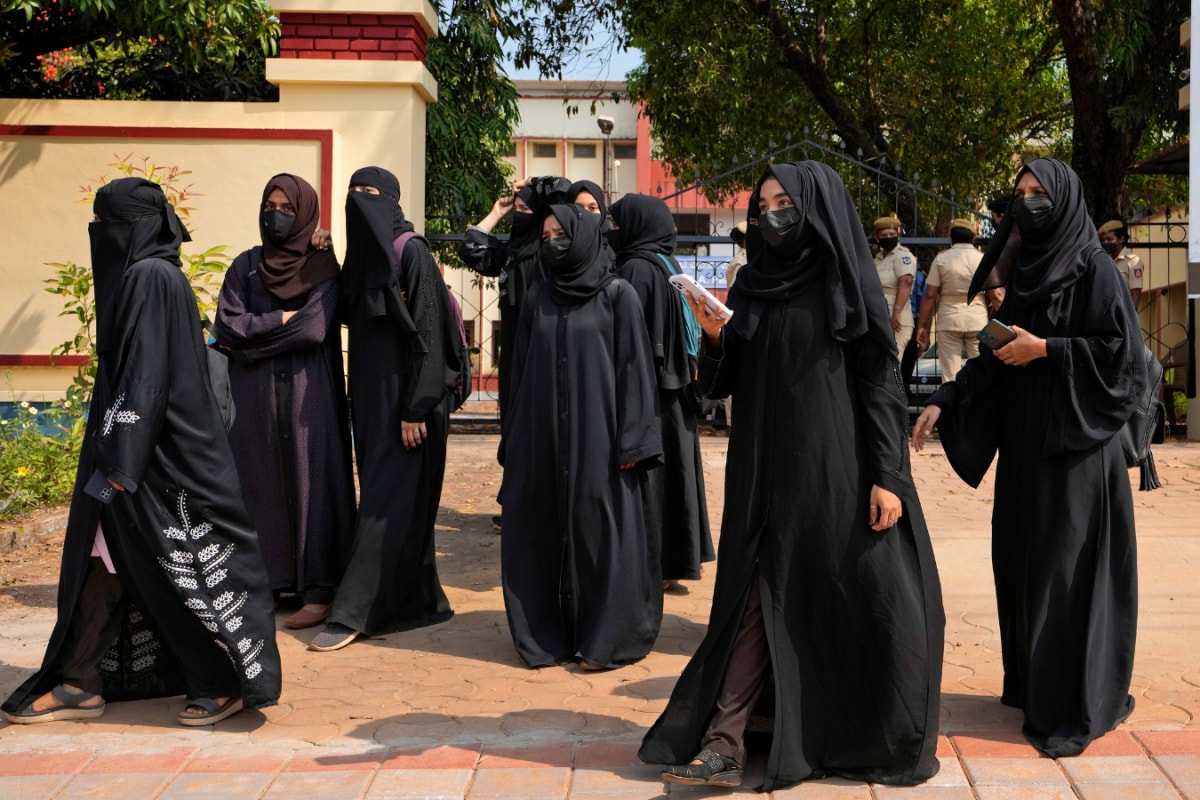

In a landmark judgment, the Telangana High Court has affirmed the absolute right of a Muslim woman to seek divorce through Khula, without requiring the consent of her husband. The ruling emphasizes the autonomy of Muslim women within personal law and clarifies the legal procedures surrounding Khula divorces.
The decision was delivered by a division bench of Justices Moushumi Bhattacharya and B.R. Madhusudhan Rao, while hearing an appeal filed by a man challenging a family court's order. The family court had dismissed the man's petition against the dissolution of his marriage, which was initiated by his wife through Khula. The husband contested the Khulanama (divorce certificate) issued by a religious body, arguing that only a court or a Qazi had the authority to dissolve the marriage.
Khula, derived from Arabic, signifies relinquishment. In Islamic law, it is a form of divorce initiated by the wife, where she seeks to dissolve the marriage, often by returning the dower (mehr) or offering some other form of compensation to the husband. The High Court bench noted that Khula is a no-fault, non-confrontational mode of divorce that is initiated at the wife's instance.
The High Court clarified that a Muslim wife's right to demand Khula is absolute and does not depend on her husband's acceptance. The court stated that its role is limited to putting a judicial stamp on the termination of the marriage, which then becomes binding on both parties. The judgment effectively places Khula on equal footing with Talaq, the unilateral right available to Muslim men to dissolve a marriage.
Furthermore, the court addressed the role of religious bodies like Muftis or Sharia Councils in Khula divorces. While acknowledging their role in mediating marital disputes and issuing advisory opinions (Fatwas), the High Court clarified that obtaining a Khulanama from such bodies is not essential for finalizing a divorce. The opinion given by a Mufti is advisory and not legally binding. The court emphasized that only a court of law or a legally recognized Qazi can determine the status of a contested marriage. If there is a dispute, the parties may approach the court for a binding decision on the marital status.
The case before the High Court originated from a marriage solemnized in 2012. The wife, alleging domestic abuse, sought divorce through Khula after the husband refused to agree. She approached a religious council, which, after failed reconciliation attempts, issued a Khulanama in October 2020. The husband then challenged the council's authority in family court, which dismissed his petition, leading to the appeal in the High Court.
The High Court upheld the family court's order, noting that reconciliation efforts had been made and that the marriage was no longer sustainable. The bench observed that the husband did not challenge the family court's conclusion that his marriage was not subsisting. The husband's only grievance was regarding the religious council's jurisdiction to issue the Khulanama, which the High Court clarified does not have legal recognition to issue binding divorce certificates.
The Telangana High Court's judgment reinforces the importance of courts in providing legal clarity and enforceability to Khula divorces. While Khula is a recognized right under Muslim personal law, religious bodies cannot issue binding divorce certificates. The ruling ensures that the dissolution of marriage is conducted within the framework of the law, safeguarding the rights of both parties involved.